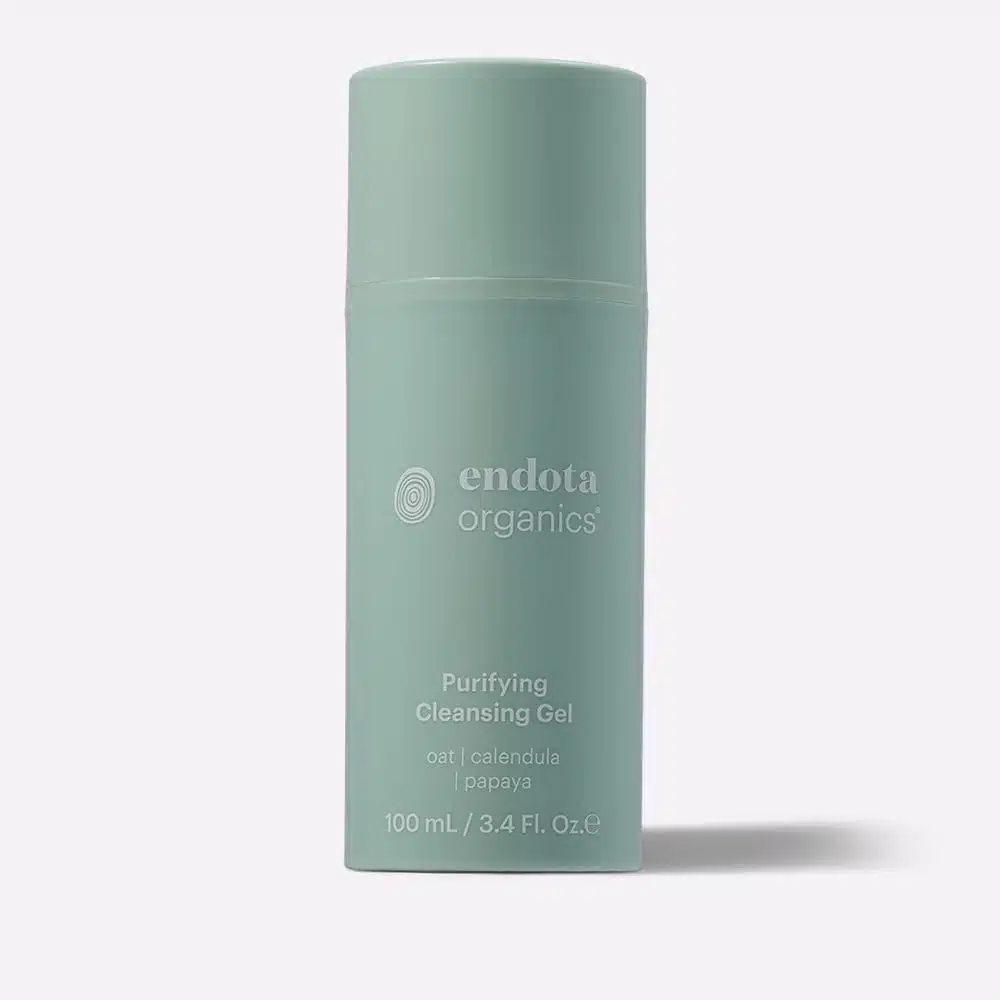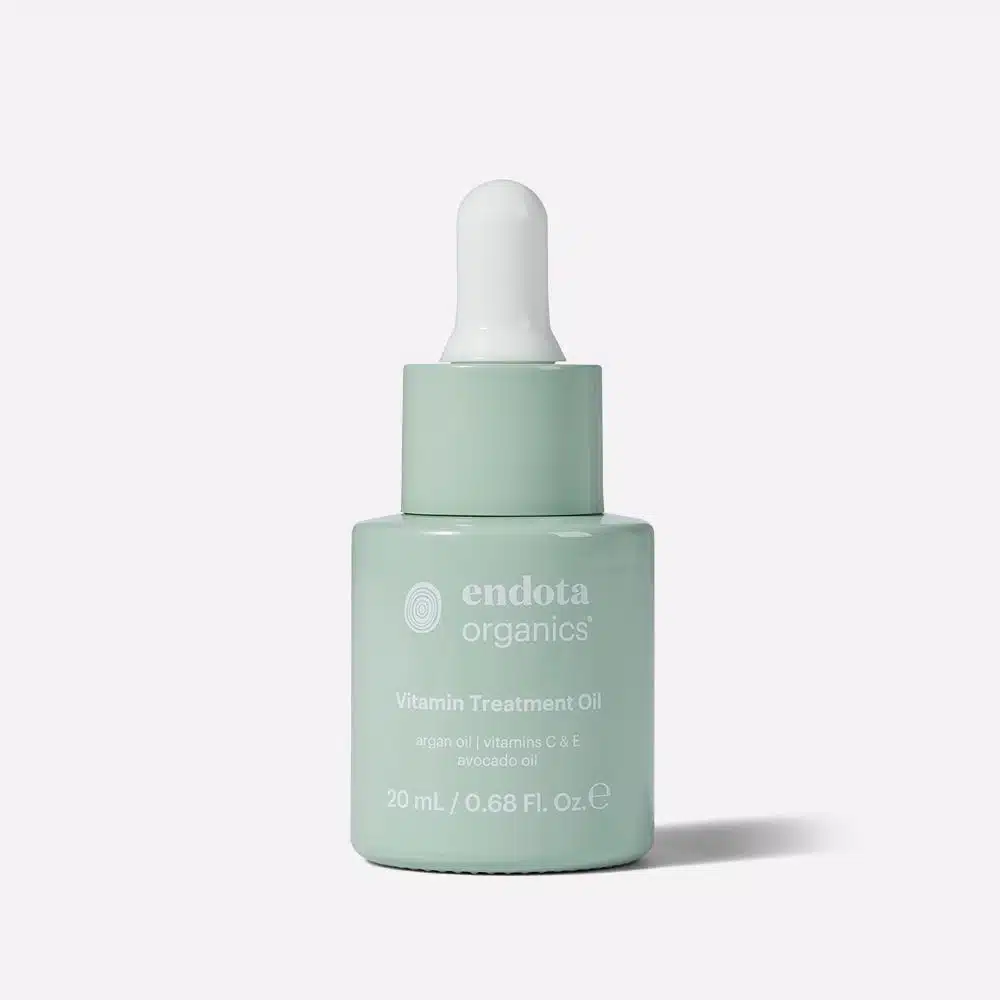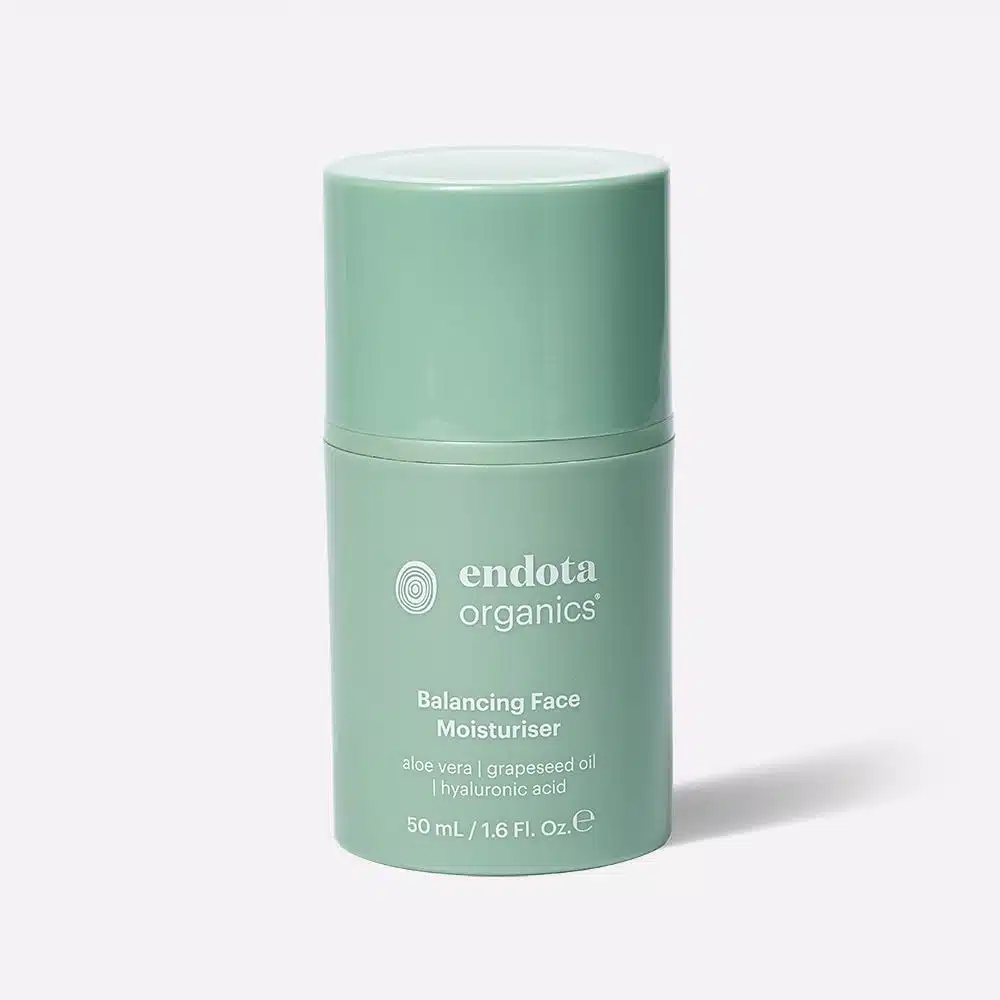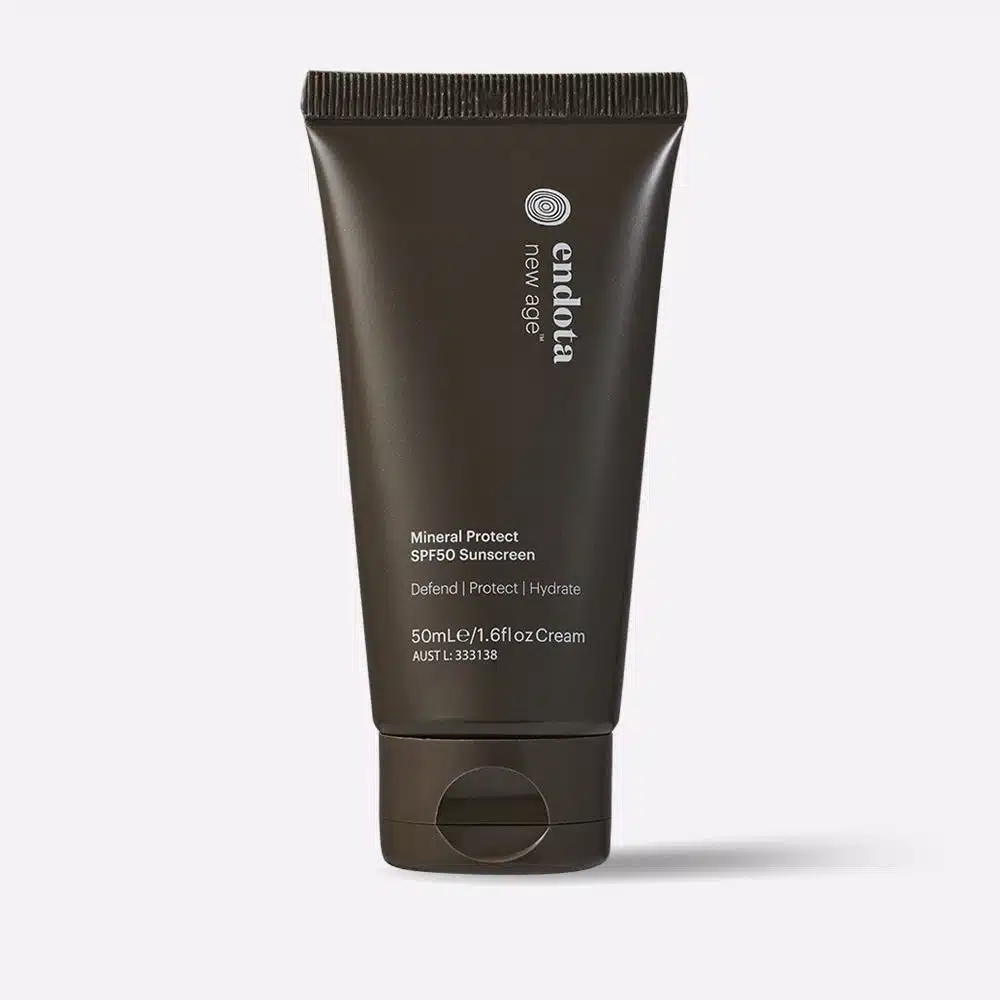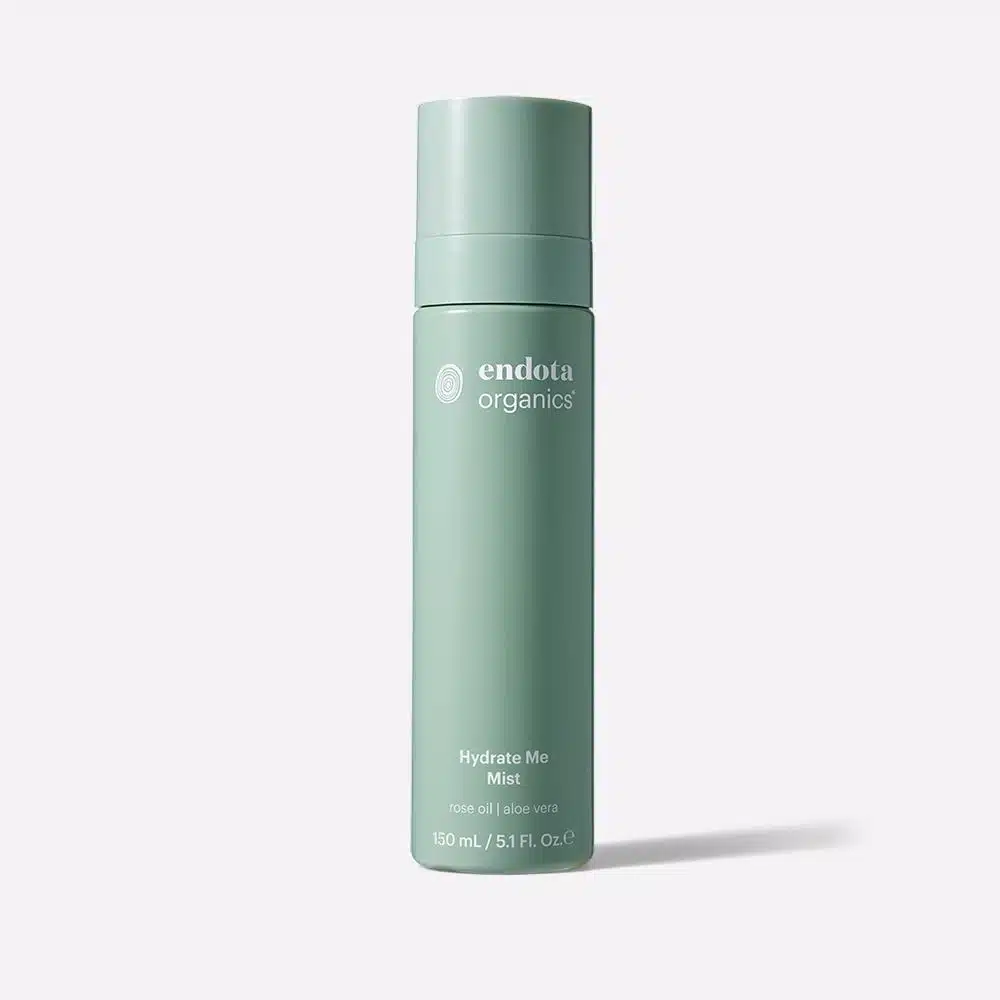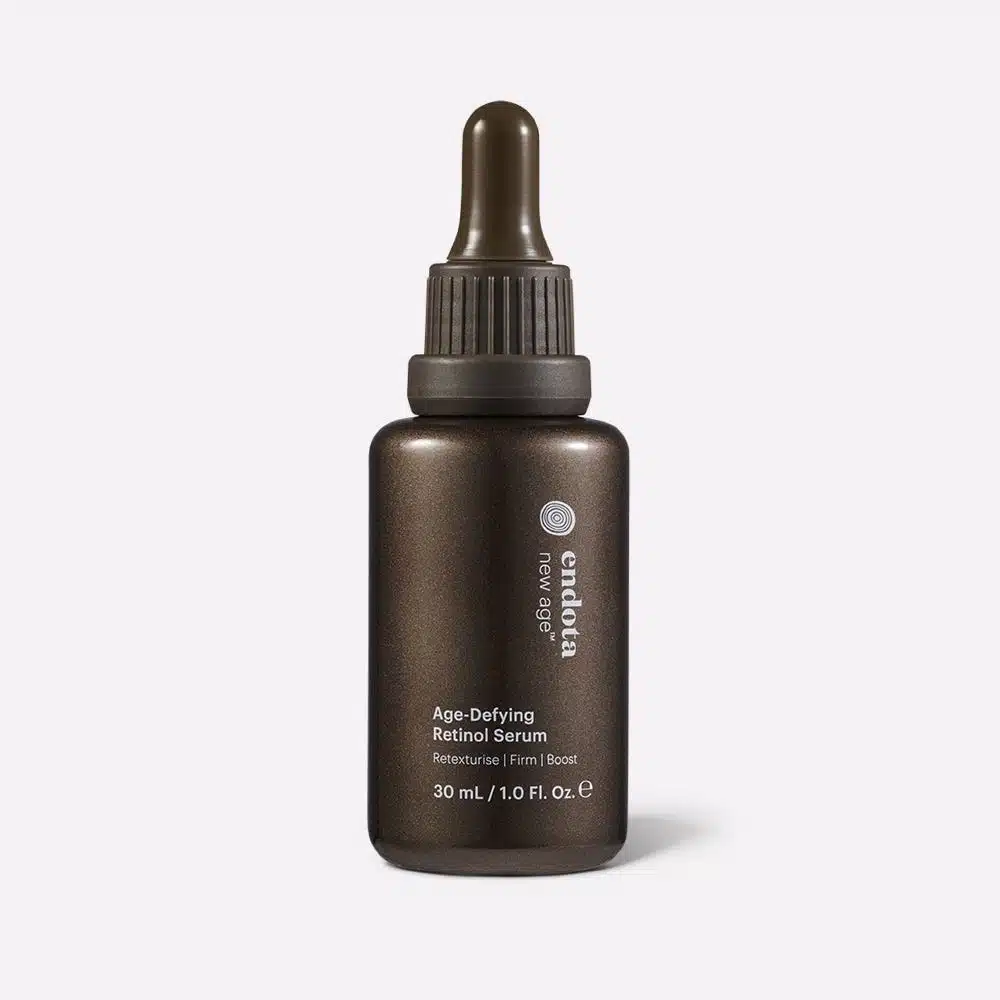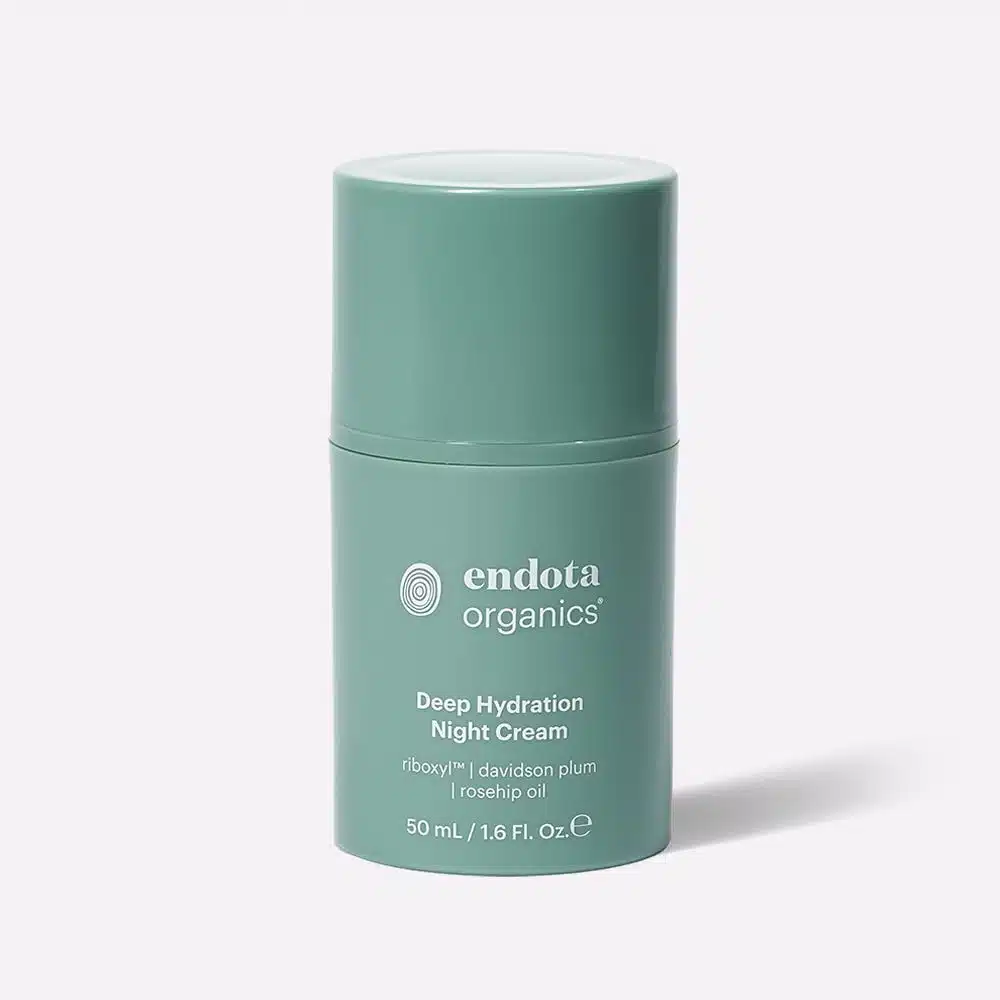Skincare routines are a constant journey of self-discovery, where you figure out what products work best for your needs. For some, a simple cleanse and moisturiser do the trick. For others, an extensive combination of a cleanser, serum, eye cream, moisturiser and more are preferred essentials.
Face oils have received increasing attention over recent years. And with so many products out there, we ask the question: does your skin need a face oil?
The short answer? It depends on your preference. But for many of us, incorporating a face oil can help balance skin while restoring its natural glow.
what is a face oil? what does a face oil do?
A face oil—also known as a facial oil—is exactly what the name suggests: a combination of nourishing natural oils and botanicals sourced from plants, seeds, or nuts. These oils are rich in vitamins, antioxidants, and nutrients that help support your skin’s natural functions. Some formulations contain a single oil to address a specific skin concern, whereas oil blends can treat multiple concerns.
Every facial oil starts with a carrier oil as a base. The most common ones are argan oil, avocado oil, and rosehip oil—all of which you’ll find in our Organics Vitamin Treatment Oil. The primary purpose of face oil is to help lock in moisture and all the skincare products you’ve applied while helping restore your skin’s natural lipid barrier.
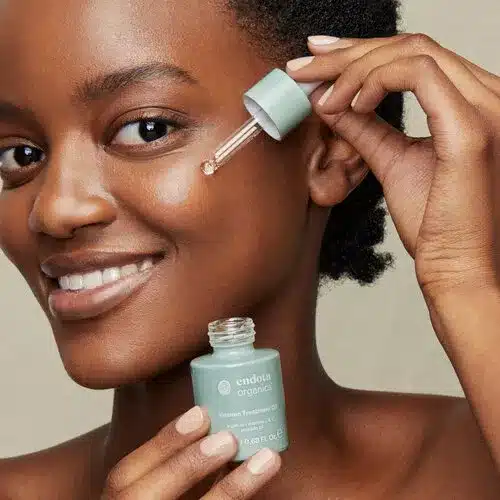
the benefits of face oils
Face oils provide a range of benefits depending on the formulation. Generally, you should expect to see the following benefits:
- Intense hydration for dry and dehydrated skin
Face oils are incredibly moisturising and nourishing, making them an excellent option for dry and dehydrated skin. Suppose you’ve accidentally compromised your skin barrier with too many active ingredients like glycolic acid, salicylic acid or retinol. In that case, face oils can be your saving grace by helping repair your skin. This is because they’re hydrophobic, which means they support and improve your skin barrier while locking in moisture. - Rich in fatty acids
Fatty acids are naturally found in the top layer of your skin. Adding an extra layer of fatty acids to your skin through a facial oil can help further strengthen your skin barrier while supporting your skin’s natural functions. This makes it a good option if you’re travelling to a colder country. - Brings balance back to skin.
Linoleic acid such as avocado and argan oils helps regulate your skin’s natural oil production, reducing that shiny look you may get throughout the day and preventing breakouts.
WHAT SKIN TYPES CAN USE FACE OIL?
Everyone can benefit from face oil, but certain oils work better for specific skin types. The best way to discern this is by breaking down the oils into two main groups.
oils with linoleic acid: best for oily, acne-prone and combination skin
Rich in omega-6 fatty acids, linoleic acid not only has antioxidative qualities but is also naturally found in your skin’s epidermis (the outer layer of your skin). By supporting your skin barrier, this fatty acid also regulates your natural oil production, bringing balance and clarity to your complexion while reducing shine and the likelihood of breakouts.
product recommendations:
oils with oleic acid: best for dry and dehydrated skin
Rich in omega-9 fatty acids, oleic acid creates an intensely moisturising seal that helps lock in moisture into your skin while helping prevent moisture loss. With its anti-inflammatory and healing properties, it’s a great choice if you need to repair sensitive or compromised skin. It’s also a penetration enhancer, helping your other skincare properly absorb into your skin so you can reap their full benefits.
product recommendations:
can oily skin use a face oil?
A question we often get from our clients is, ‘Should I use face oil on my oily skin?’ We understand the confusion—if your skin is already oily, surely adding more oil would make it worse, right?
Contrary to popular belief, every skin type—even oily and acne-prone skin—can benefit from a face oil. If you’re prone to breakouts, look for oils with linoleic acids like rosehip or oils with a mixture of oleic and linoleic acids like argan, avocado, and palmarosa oil.
Some oils, like rosehip, hempseed, and grapeseed oil (to name a few), are even considered non-comedogenic, meaning they won’t clog your pores. However, it’s important to note that everyone’s skin reacts differently, and the comedogenic rating is a generalised scale.
where does a face oil sit in my skincare routine?
You can use facial oils every day. Use it in the morning and night. Follow the thinnest to thickest consistency method. Whether morning or evening, apply your face oil by gently massaging 2–3 drops into damp skin until fully absorbed. Then follow up with your favourite moisturiser.
When you’re using sunscreen in the daytime, apply and massage your face oil into skin prior to sunscreen application to ensure proper SPF protection.
Using our endota skincare products, your skincare routine with face oil could look like this:
morning skincare routine with face oil
evening skincare routine with face oil
give your skin a boost of hydration with our vitamin treatment oil
We created the Organics Vitamin Treatment Oil with every skin type in mind. Certified COSMOS Organic, this oil is a natural way to give your skin a more radiant, youthful-looking complexion.
Combining deeply hydrating and rejuvenating essential oils – including argan, avocado and rosehip – this potent blend nourishes your skin like a revitalising facial does. It’s light on the skin but big on how it moisturises and helps reduce the signs of ageing.
Dry and dehydrated skin can use it for a boost of deep hydration, or if you’re oily, acne-prone or have combination skin, use this facial oil to regulate oil production and help reduce shine.

